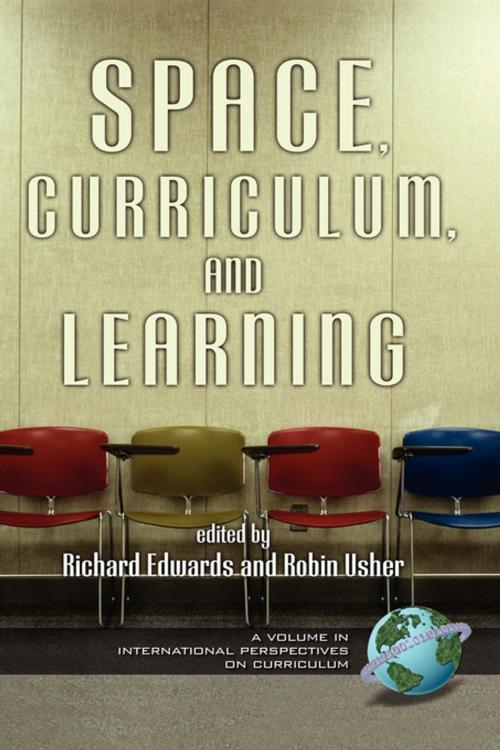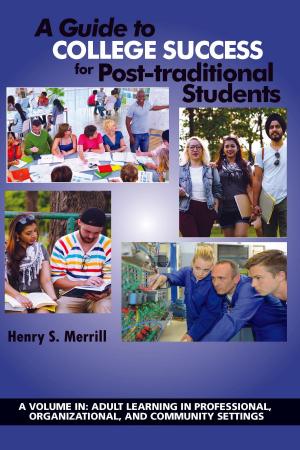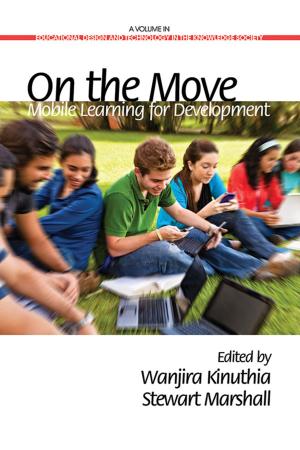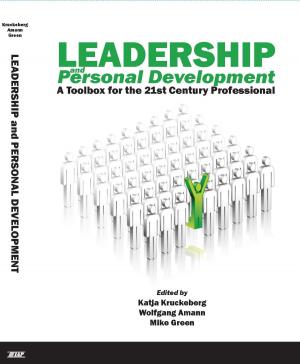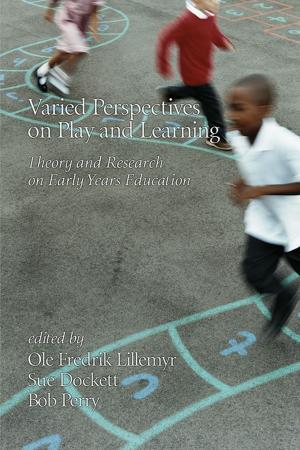Space, Curriculum and Learning
Nonfiction, Science & Nature, Science, Physics, Astrophysics & Space Science| Author: | ISBN: | 9781607529606 | |
| Publisher: | Information Age Publishing | Publication: | January 1, 2006 |
| Imprint: | Information Age Publishing | Language: | English |
| Author: | |
| ISBN: | 9781607529606 |
| Publisher: | Information Age Publishing |
| Publication: | January 1, 2006 |
| Imprint: | Information Age Publishing |
| Language: | English |
In recent years there has been increasing interest in issues of space and spatiality in the social sciences and humanities generally, if less so in the study of education. This relative lack of interest is surprising given the importance of space and time in the organization of teaching, learning and research. For instance, the timetable and project timeline are central to the organization of learning and knowledge production whether in schools, colleges or universities. Classrooms, workshops and laboratories have different spatial layouts, which support certain forms of interaction and communication. When we add to this, the increasing distances across which knowledge, understanding and competence are being distributed through the use of information and communications technologies, the fact that issues of space have not been taken up seems more than an oversight. This relative lack of interest in space becomes even more surprising when one considers the extensive use of spatial metaphors in the discussion of education and pedagogy. For instance, the notions of open, distance and distributed learning and studentcentredness, border crossing, and communities of practice all have a spatial dimension to them. Notions of a spiral curriculum act as a spatial imaginary. Indeed some metaphors, such as flexibility seem to be suggestive of the possibility that all constraints of space and time can be conquered in the provision of learning opportunities throughout life. This collection of chapters from researchers around the world attempts to address these issues, to examine the significance of space for curriculum, learning and identity.
In recent years there has been increasing interest in issues of space and spatiality in the social sciences and humanities generally, if less so in the study of education. This relative lack of interest is surprising given the importance of space and time in the organization of teaching, learning and research. For instance, the timetable and project timeline are central to the organization of learning and knowledge production whether in schools, colleges or universities. Classrooms, workshops and laboratories have different spatial layouts, which support certain forms of interaction and communication. When we add to this, the increasing distances across which knowledge, understanding and competence are being distributed through the use of information and communications technologies, the fact that issues of space have not been taken up seems more than an oversight. This relative lack of interest in space becomes even more surprising when one considers the extensive use of spatial metaphors in the discussion of education and pedagogy. For instance, the notions of open, distance and distributed learning and studentcentredness, border crossing, and communities of practice all have a spatial dimension to them. Notions of a spiral curriculum act as a spatial imaginary. Indeed some metaphors, such as flexibility seem to be suggestive of the possibility that all constraints of space and time can be conquered in the provision of learning opportunities throughout life. This collection of chapters from researchers around the world attempts to address these issues, to examine the significance of space for curriculum, learning and identity.
